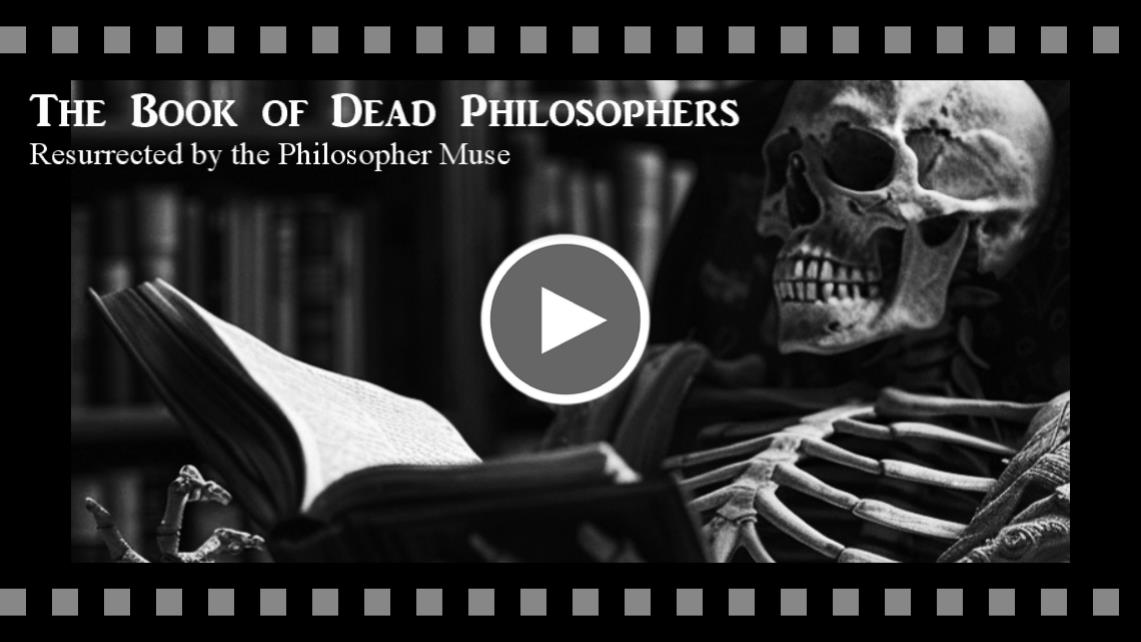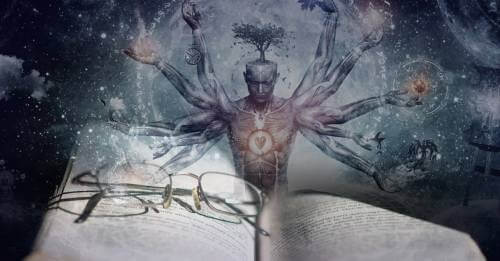I was a news broadcaster in my college years. My job was to search out and share local, national, and international pieces. I would watch CBC News to get ready. Peter Mansbridge was my go-to. His deep, confident voice felt like the bedrock of Canadian society. Yet even the greats would make mistakes.
—
Over time, I noticed a connection between the weather and a news anchor’s performance. If the anchor was reporting news where it was raining, they were likely to mispronounce words. Such a shortcoming certainly took the edge off my anxiety due to my need for perfection. However, one can’t blame everything on the rain.
—
One day, without any preparation, I read an incident about a man attempting to tie off his boat in the rain, who slipped on the wharf, fell into the ocean, and drowned. My immediate reaction was a chuckle—an involuntary response that surprised me, given the seriousness of the event. This moment unsettled me, forcing me to confront both the complexity of my own emotions and the difficult implications of expressing humor in the face of tragedy.
—
Shortly afterwards, the thought occurred to me: what if that person’s wife was listening to my broadcast, or someone in administration? There could be hell to pay. My stress grew out of proportion. Anyhow, I apologized during the following news report and took away a valuable lesson: I learned the importance of approaching the topic of death with both sensitivity and perspective, recognizing that humor must be balanced with respect for those affected.
—
Philosophical Perspectives on Humor and Death
—
This tension between humor and mortality is something I encountered not only in my personal broadcasting experience but also in my studies of philosophy. The ancient Stoic philosopher Chrysippus, for instance, famously died of laughter after witnessing a donkey eating his fermented figs; so amusing was the absurdity that it literally brought him to his end. This story, at once tragic and comic, captures something profound: humor can be a courageous, even healing, response to the harsh reality of death.
—
The Book of Dead Philosophers by Simon Critchley shows how many philosophers embraced laughter and wit as tools to disarm the terror of annihilation and to prepare themselves—and by extension, us—to face death with a lighter heart and steadier mind. As Critchley notes, “To laugh in the face of death is not to take death lightly, but to lighten the suffering that death’s thought brings” (Critchley, 2008, introduction). In this sense, making light of death is not disrespectful but a radical form of freedom.
—
At the core of The Book of Dead Philosophers is the idea that modern humanity is gripped by an overwhelming terror—not just of death but of absolute annihilation. This fear drives many to deny death through distraction or the desperate pursuit of immortality, often through consumerism or religious promises. Critchley contrasts these with the ideal of “philosophical death,” a concept that dates back to Cicero’s famous assertion, “To philosophize is to learn how to die.” Philosophy’s essential tareas, then, is to cultivate an attitude toward death that faces down this terror with clear eyes, without relying on illusions of an afterlife.
—
Classical and Stoic Attitudes Toward Death
—
Socrates’ acceptance of death, as recorded by Plato, is fearless and almost lighthearted. His last words, addressed to his friend, were, “Crito, we owe a rooster to Asclepius; make this offering to him and do not forget.” This request refers to a ritual sacrifice to Asclepius, the ancient Greek god of healing. Socrates’ words symbolize death as a kind of healing or cure from the burdens of life, a release rather than an end to be feared. This serene acceptance embodies the classical philosophical attitude toward death and reinforces the themes Simon Critchley explores in The Book of Dead Philosophers about facing death with courage, humor, and preparation rather than denial or dread.
—
The book traverses centuries and traditions, with later Stoics like Seneca emphasizing that true wisdom comes from mastering the art of dying well. Seneca’s own torturous death, forced by Nero, contrasts with the ideal serenity he preached—highlighting how philosophy does not guarantee a noble end but does provide tools for mental freedom. Critchley’s collection, rich with the sometimes absurd, sometimes sublime final moments of thinkers like Montaigne, Spinoza, and Nietzsche, urges readers to confront death not with terror, but with levity and courage.
—
Embracing Death’s Presence for Freedom and Joy
—
In fact, making light of death can be a way of reclaiming freedom. Montaigne recounts how the Egyptians brought a death image into banquets, reminding celebrants that no matter the pleasures, death awaits. This presence of death in daily life cultivates a kind of freedom from fear, “He who has learned how to die has unlearned how to be a slave,” Critchley writes, echoing Montaigne’s motto. This freedom is not escapism but a profound engagement with life’s finitude that enriches happiness and contentment.
—
For thoughtful readers seeking a fresh perspective, The Book of Dead Philosophers is both a register of eccentric and moving final moments and an exhortation to rethink death’s role in living well. Critchley doesn’t offer easy answers, nor does he insist on one metaphysical viewpoint. Instead, he presents death in its messy pluralism—sometimes tragic, sometimes comic, often mysterious—and invites us to prepare ourselves with a lighter heart. By learning how to die philosophically—through humor, courage, and reflection—we may ultimately learn how to live more freely and joyfully.
—
Reflecting personally on these ideas, engaging with Critchley’s work has deepened my understanding of how philosophical reflection on death can actually enrich one’s experience of life. It has prompted me to appreciate the value of approaching mortality not with fear, but with thoughtful openness and resilience. In this spirit, the lessons gleaned discourage anxiety and denial in favor of acceptance and playful readiness, helping us to face the certainty of death without losing sight of the vitality of life itself. Ultimately, Critchley’s insights call us not only to confront death but to live more fully and courageously in its ever-present shadow.




